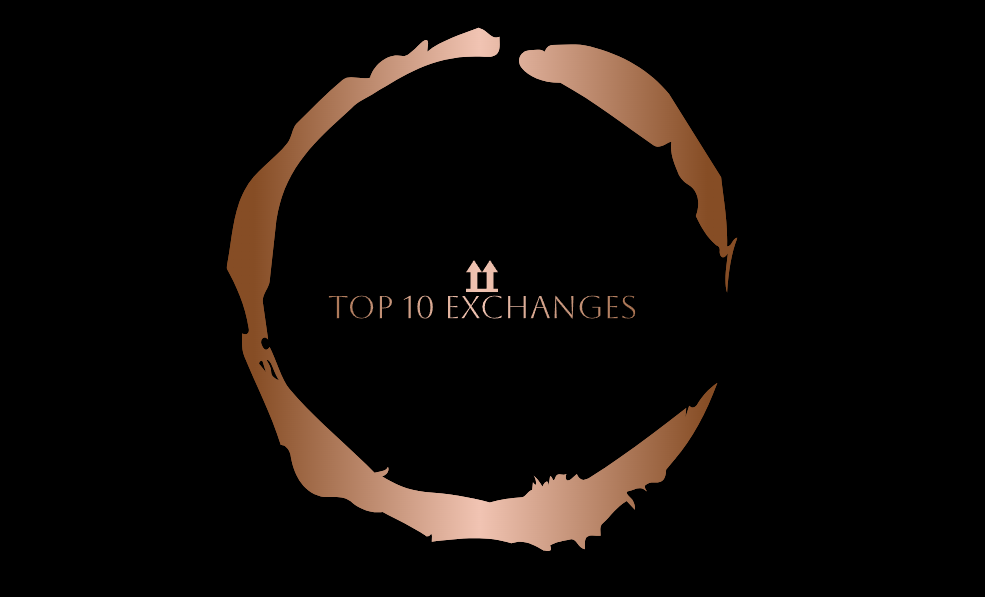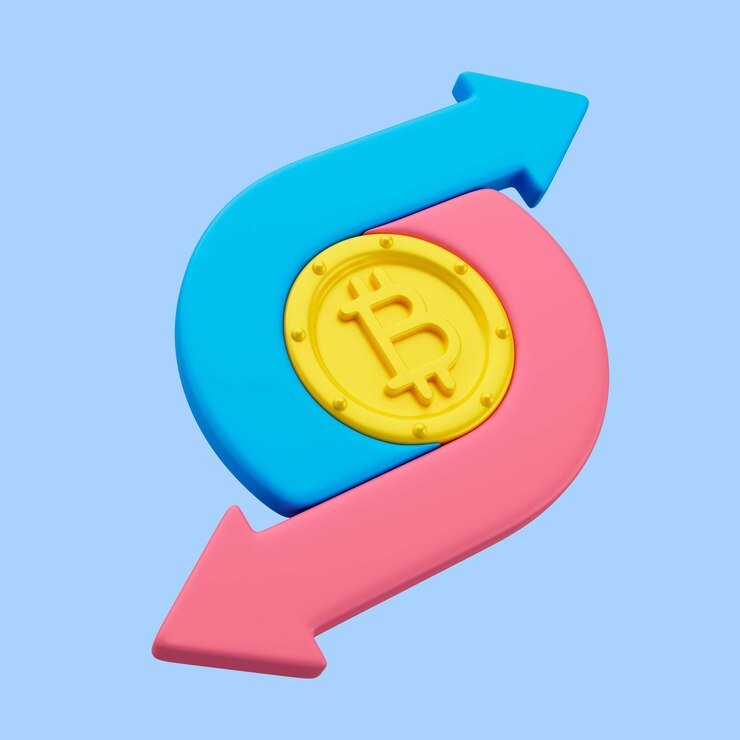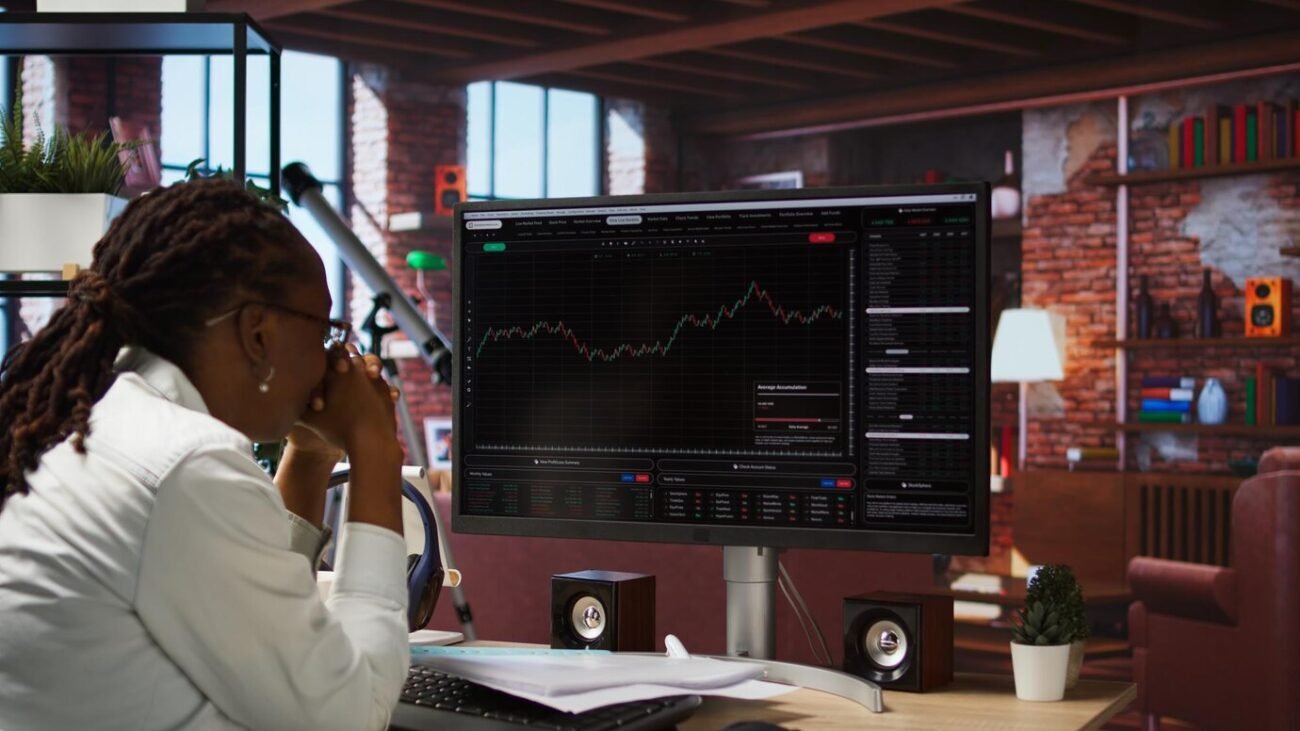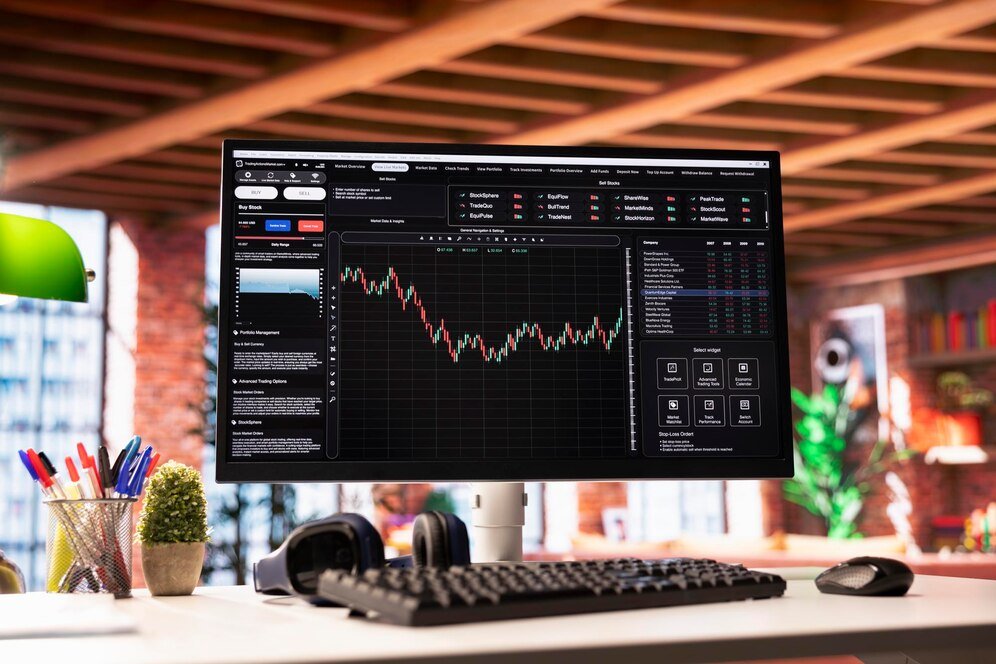The cryptocurrency market has evolved significantly, offering traders a variety of platforms to buy, sell, and trade digital assets. Among the most critical decisions traders face is choosing between centralized exchanges (CEXs) and decentralized exchanges (DEXs). Each type of exchange has its unique features, benefits, and drawbacks, making the choice highly dependent on individual trading preferences and priorities. In this blog, we’ll dive into the key differences between centralized and decentralized exchanges to help you decide which is right for you.
What Are Centralized Exchanges (CEXs)?
Centralized exchanges are traditional platforms that act as intermediaries between buyers and sellers. They are run by organizations that maintain control over the platform, oversee transactions, and provide customer support. Examples of well-known CEXs include Binance, Coinbase, Kraken, and Bitfinex.
Key Features of Centralized Exchanges
- Custodial Services
CEXs store users’ funds in wallets managed by the exchange. While convenient, this approach makes the exchange a potential target for hackers. - User-Friendly Interface
CEXs typically offer intuitive interfaces, making them ideal for beginners who may not be familiar with blockchain technology or private key management. - High Liquidity
Centralized exchanges tend to have higher liquidity due to their large user bases, ensuring faster trade execution and narrower spreads. - Regulated Framework
Most CEXs operate under regulatory oversight, providing a sense of security for traders. However, this also means users must often comply with Know Your Customer (KYC) and Anti-Money Laundering (AML) regulations. - Advanced Trading Features
Centralized platforms often provide advanced trading tools such as margin trading, futures contracts, and stop-loss orders, catering to professional traders.
What Are Decentralized Exchanges (DEXs)?
Decentralized exchanges operate without a central authority. Instead, they use smart contracts on blockchain networks to enable peer-to-peer trading. Popular examples of DEXs include Uniswap, PancakeSwap, SushiSwap, and Curve.
Key Features of Decentralized Exchanges
- Non-Custodial Services
DEXs allow users to retain full control over their funds by connecting their wallets directly to the exchange. This eliminates the need to trust a third party with your assets. - Anonymity
Most DEXs do not require users to undergo KYC or AML procedures, offering greater privacy compared to CEXs. - Open Source and Transparent
DEXs are often built on open-source protocols, allowing anyone to inspect their code and ensuring transparency in operations. - Access to a Wider Range of Tokens
Decentralized exchanges often list tokens that are not available on centralized platforms, particularly new or lesser-known cryptocurrencies. - Resilience to Censorship
Since DEXs are decentralized and operate on blockchain networks, they are less susceptible to censorship or government restrictions.
Comparing Centralized and Decentralized Exchanges
| Feature | Centralized Exchanges | Decentralized Exchanges |
|---|---|---|
| Control of Funds | Funds are held by the exchange | Users retain full control of their funds |
| User Experience | Beginner-friendly interfaces and customer support | Requires basic understanding of wallets and blockchain |
| Privacy | Requires KYC and personal data | Offers anonymity and no KYC requirements |
| Security Risks | Vulnerable to hacks and breaches | More secure if users manage their private keys responsibly |
| Regulation | Operates under regulatory oversight | Operates without centralized regulation |
| Liquidity | Higher liquidity and faster trade execution | Lower liquidity, especially for less popular tokens |
| Trading Fees | Often higher fees due to custodial and platform management | Generally lower fees, but gas fees can vary significantly |
| Access to Tokens | Limited to tokens vetted by the exchange | Wide range of tokens, including new and experimental ones |
Advantages and Disadvantages
Centralized Exchanges: Pros and Cons
Pros:
- Easy to use, even for beginners
- High liquidity ensures smooth and fast trades
- Customer support is available for resolving issues
- Advanced trading tools for experienced traders
Cons:
- Vulnerable to hacks due to centralized custody of funds
- Requires compliance with KYC and AML regulations
- Users do not have full control over their assets
Decentralized Exchanges: Pros and Cons
Pros:
- Full control over funds with non-custodial wallets
- Greater privacy and anonymity
- Access to a broader range of tokens
- Resistant to censorship and centralized shutdowns
Cons:
- Requires knowledge of blockchain technology and wallets
- Lower liquidity may result in slower trades or higher slippage
- No customer support; users are responsible for their own funds
- Gas fees can be unpredictable and high, depending on network congestion
Which Exchange Type Is Right for You?
Choosing between a centralized and decentralized exchange depends on your priorities as a trader. Here are some scenarios to help guide your decision:
- Choose a Centralized Exchange If:
- You’re new to cryptocurrency trading and prefer a user-friendly interface.
- You want access to customer support for troubleshooting issues.
- You prioritize high liquidity and fast trade execution.
- You’re comfortable complying with regulatory requirements like KYC.
- Choose a Decentralized Exchange If:
- You value privacy and wish to remain anonymous.
- You want full control over your funds and are experienced with crypto wallets.
- You’re looking for access to a wide range of tokens, including newly launched ones.
- You prefer a censorship-resistant platform.
The Best of Both Worlds: Hybrid Approaches
Some platforms now combine the best features of centralized and decentralized exchanges, offering hybrid models. These platforms provide user-friendly interfaces and high liquidity while allowing traders to maintain control over their private keys.
For instance, platforms like KuCoin and Binance DEX provide elements of both centralized and decentralized trading, appealing to a wider range of users.
Conclusion
The debate between centralized and decentralized exchanges ultimately boils down to your trading preferences, level of experience, and priorities. Centralized exchanges excel in liquidity, ease of use, and customer support, making them ideal for beginners and high-frequency traders. Decentralized exchanges, on the other hand, offer unparalleled privacy, control, and access to a diverse range of tokens, catering to more experienced and privacy-conscious users.
Before choosing an exchange, take time to assess your needs, research the platform’s features, and consider factors like security, fees, and token availability. Whether you choose a CEX, DEX, or hybrid model, the key is to find a platform that aligns with your trading goals.













